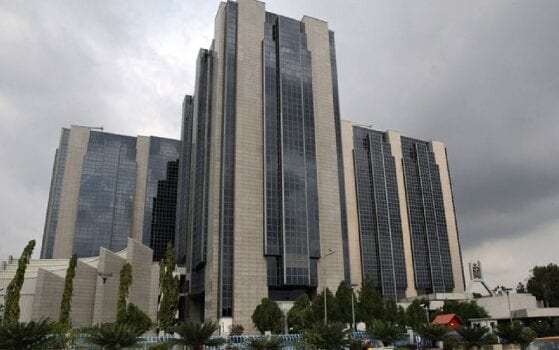
The Central Bank of Nigeria has implemented another significant increase in interest rates, marking the third such increase this year
The central bank of Nigeria implemented a significant increase in interest rates on Tuesday in response to the ongoing surge in inflation, which reached its highest level in 28 years in April.
Olayemi Cardoso, the Governor of the Central Bank of Nigeria, stated that the Monetary Policy Committee (MPC) had to decide whether to raise or maintain interest rates. After considering the effects of previous rate hikes, the committee chose to boost rates in order to ensure price stability.
The Monetary Policy Rate was raised by 150 basis points (bps) to 26.25% (NGCBIR=ECI), marking the third increase in interest rates this year following hikes of 200 bps in March and 400 bps in February.
“Cardoso stated during a news conference that, based on the risks involved, it is advisable to implement additional measures to strengthen policy, taking into account the positive outcomes of previous rate hikes.”
Given the significant increase in inflation and the highly unstable naira currency, economists had largely anticipated another increase.
Danny Greeff, an analyst at ETM Analytics, stated that a decisive policy action was necessary to narrow Nigeria’s real interest rates and put a stop to the depreciation of the naira.
In April, the year-on-year inflation rate hit 33.69% (NGCPIY=ECI), which is the highest level observed since mid-1996. This increase was mostly caused by the government’s decision to reduce subsidies for petrol and electricity, as well as the devaluation of the naira twice since President Bola Tinubu assumed office last year.
Analysts have stated that the central bank still has further tasks to perform in order to control inflationary pressures, and it is possible that there may be further increases in interest rates.
The International Monetary Fund has expressed approval of the central bank’s prior interest rate increases and has advocated for choices to be based on data analysis.
Cardoso has committed to reducing inflation, stabilizing the naira, and deviating from the unconventional strategies employed by his predecessor, who blurred the distinction between monetary and fiscal policies by directly intervening in an attempt to stimulate economic growth.
The government is facing difficulties in increasing production from its vital oil sector and maintaining control over widespread insecurity that has resulted in large areas of the country being beyond its jurisdiction.
The upcoming rate-setting meeting of the central bank is slated for July.
All Categories
Recent Posts
Tags
+13162306000
zoneyetu@yahoo.com



